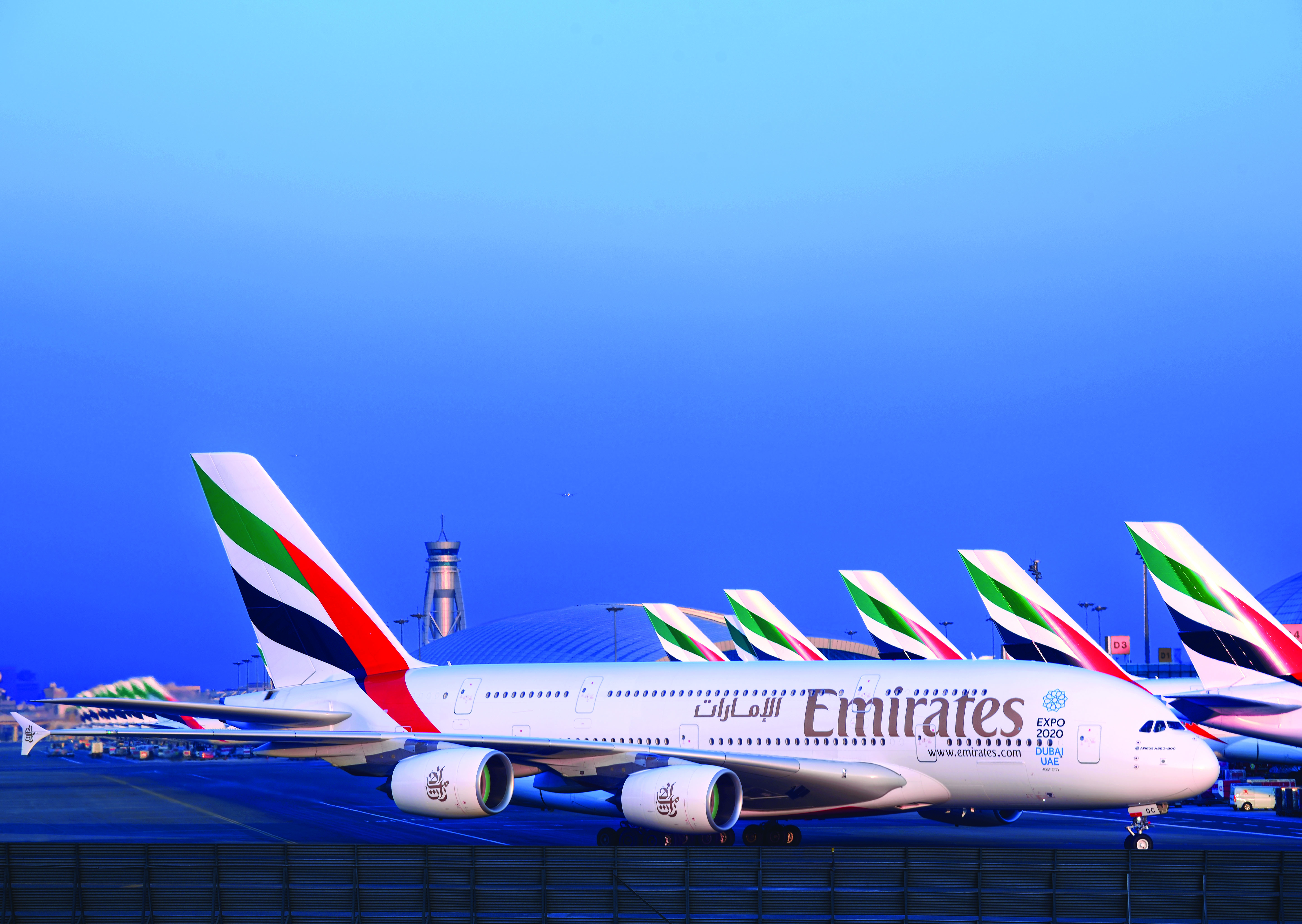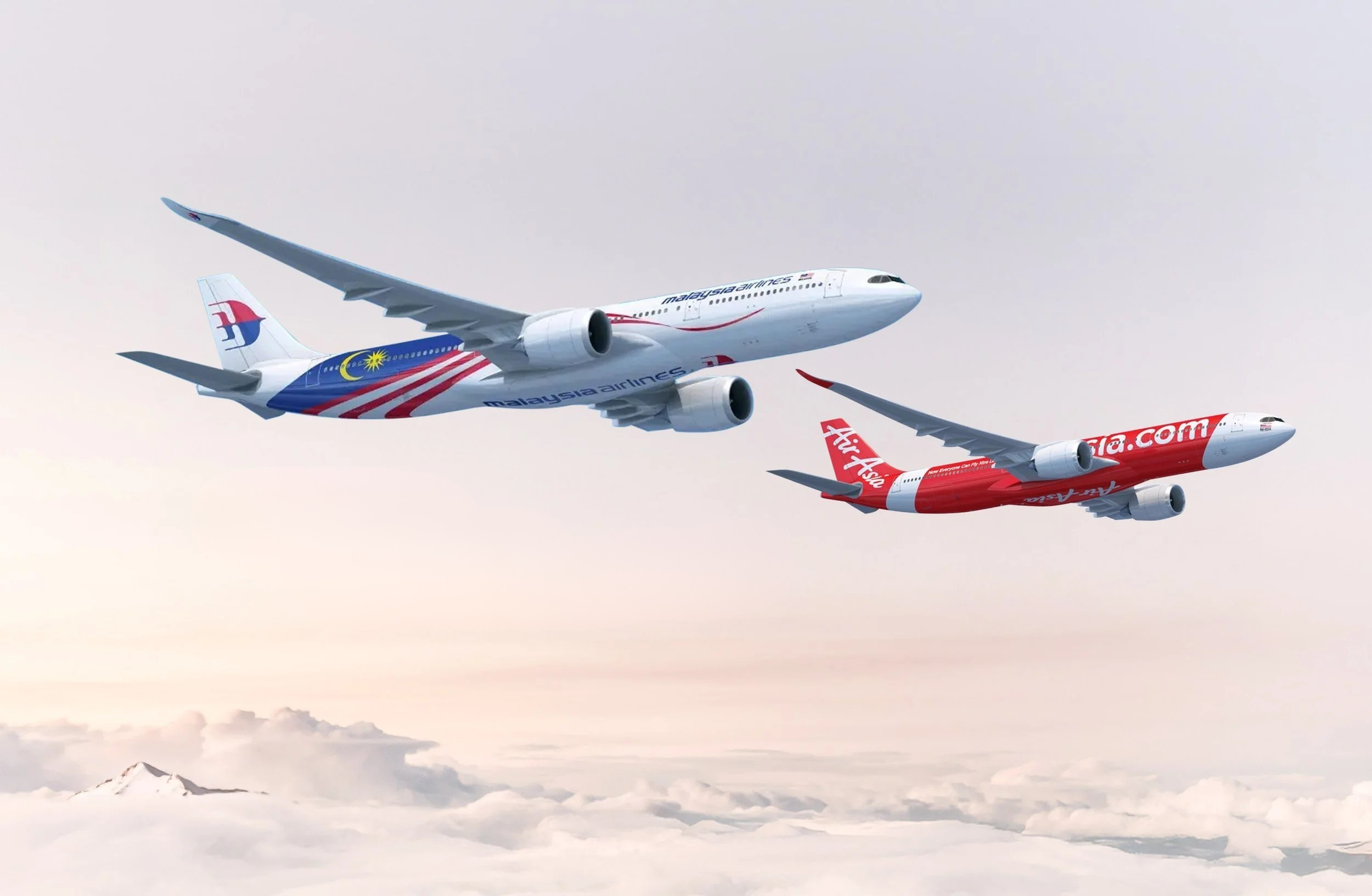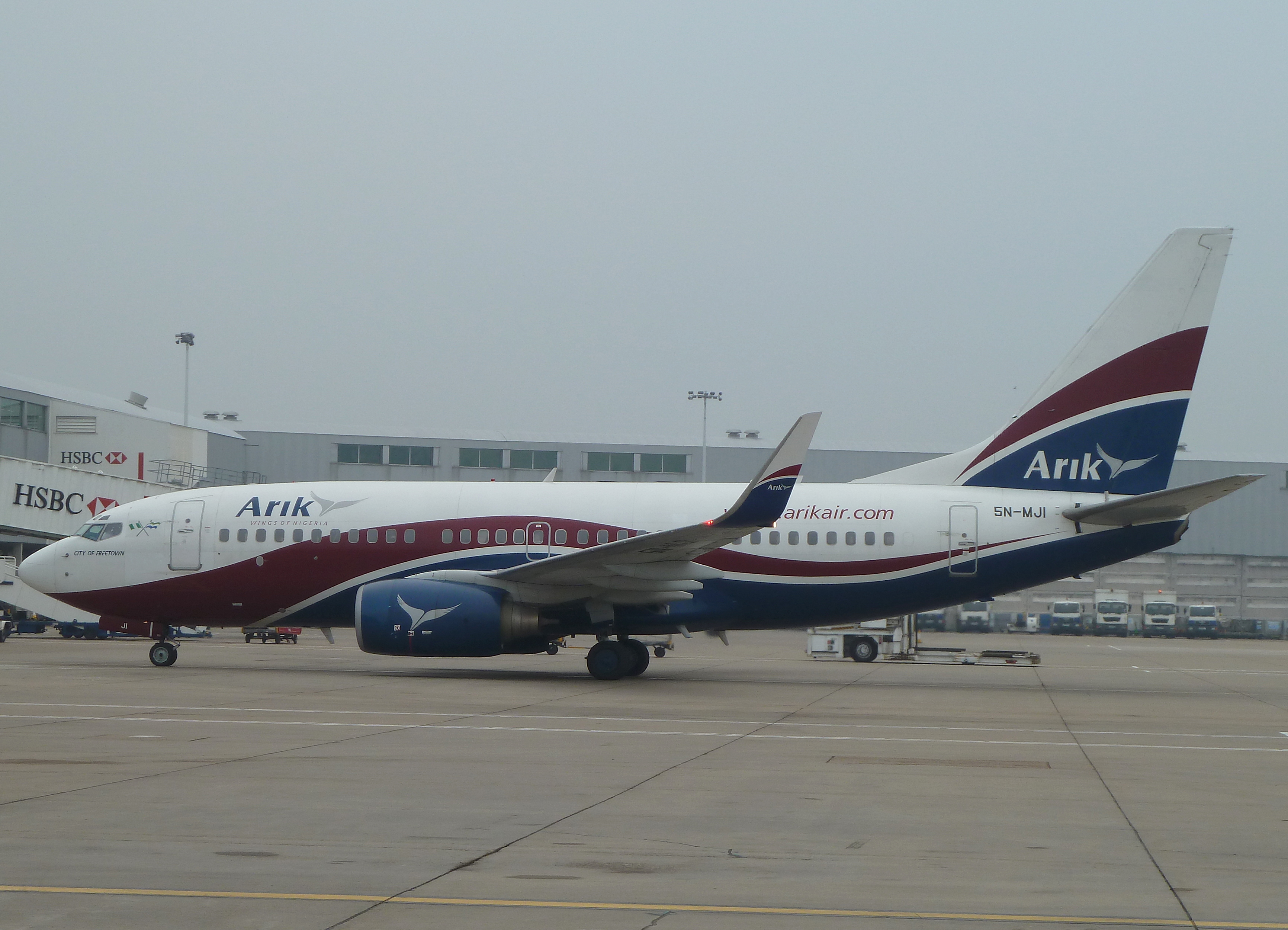The International Air Transport Association has warned that the world’s first global carbon offset scheme is under threat from governments introducing separate carbon taxes and levies.
Climate change tops the list of issues airlines want the 40th assembly of the UN-based International Civil Aviation Organization now underway in Montreal to address.
Airlines account for about 2 percent of global carbon emissions and have been targeted by environmental activists through so-called “flight shaming” campaigns.
READ: Outgoing Air New Zealand boss says airlines are better businesses now.
Airlines have tackled the issue for more than a decade through a global industry program to reduce the sector’s carbon footprint with what IATA director general Alexandre de Juniac described as “significant results”.
“Today the average journey by air emits 50 percent less carbon than it did in 1990,’’ he told reporters on a teleconference Tuesday, adding this was due to a combined effort by all industry stakeholders.
The aviation industry has a target to stop the growth in emissions from 2020 but to achieve this it needs to introduce a global carbon offsetting program called Carbon Offset and Reduction Scheme for International Aviation (CORSIA).
CORSIA aims to achieve carbon-neutral growth by generating $US40 billion in climate funding and offsetting around 2.5 billion tonnes of CO2.
The scheme was endorsed three years ago by the last ICAO assembly and airlines are now monitoring their emissions in preparation for its introduction.
But it is in danger of being undermined by governments wanting to fill their coffers using environmental levies, particularly in Europe.
The IATA chief warned CORSIA was a key commitment that would allow airlines to cap their emissions from 2020 but it needed to be delivered as first planned in 2016.
He said the program would be effective, efficient and would work if it is a global scheme based on a single market-based measure.
“This success is in danger because several states are piling so-called green taxes, measures, levies on travelers mainly for improving government budgets in the short term but with no relation or very little relation with environmental performance,’’ he said.
De Juniac said the strength of CORSIA was in being a single program applicable everywhere in the same way.
This meant every state or regional group of states could be sure what was applicable in other parts of the world was similar to what they did.
if a state or group of states was taking unilateral measures in addition to CORSIA it would "significantly disarm or unbalance the program viewed from the other parts of the world".
"And that could threaten CORSIA as a global program,'' he said. "So we are urging governments first of all to implement CORSIA as it is.
"And secondly to avoid taking measures that would reduce the impact of CORSIA by putting a double punishment or double charge on the industry."
Acknowledging protests on climate change over the past week and the difficulties the industry was having in getting its message across, de Juniac conceding airlines were hearing calls to dramatically reduce or even stop flying.
But he urged people to become more informed about what the industry had done to address environmental issues.
He said the first results of the industry's actions were above the target it had set itself for the first 10 years.
This had seen a goal to reduce carbon emissions by 1.5 percent annually but the reduction was around 2.3 to 2.4 percent.
“We say that it is possible at the same time to fly and to reduce our carbon footprint,’’ he said. “Flying is not the enemy, flying allows us to connect people, it’s a great achievement that makes our world a better place.
“The real enemy is carbon and we have committed to reduce our carbon footprint and to fight against this enemy.’’
In addition to the more immediate goal of carbon-neutral growth, the industry has a more ambitious target to cut total emission to half 2005 levels by 2050, including emissions from growth.
A key plank in this strategy is sustainable aviation fuels that could cut aviation’s carbon footprint by up to 80 percent but the industry has experienced difficulty in convincing governments to support the development of economic production of the fuels.
“It’s not now a technical issue, it’s an economic issue so we urge the governments to help, to promote sustainable aviation fuel by encouraging production at lower costs, by developing distribution in airports,’’ he said. “It’s absolutely key if we want to achieve our goals."
Other issues the industry wants ICAO to address include:
- The safe integration of drones into airspace management
- Establishing a globally consistent approach to passengers with disabilities
- Implementing an international legal framework to manage the issue of unruly passengers
- Implementing modern and convenient measures for passenger identification.
- Reducing the vulnerability of Global Navigation Satellite System (GNSS) to harmful interference.
Have questions or want to share your thoughts?
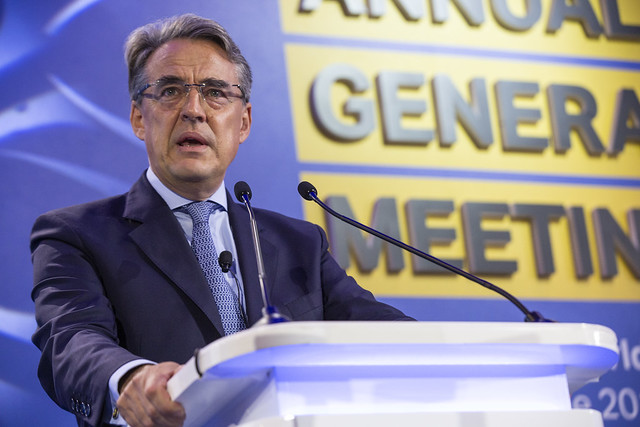
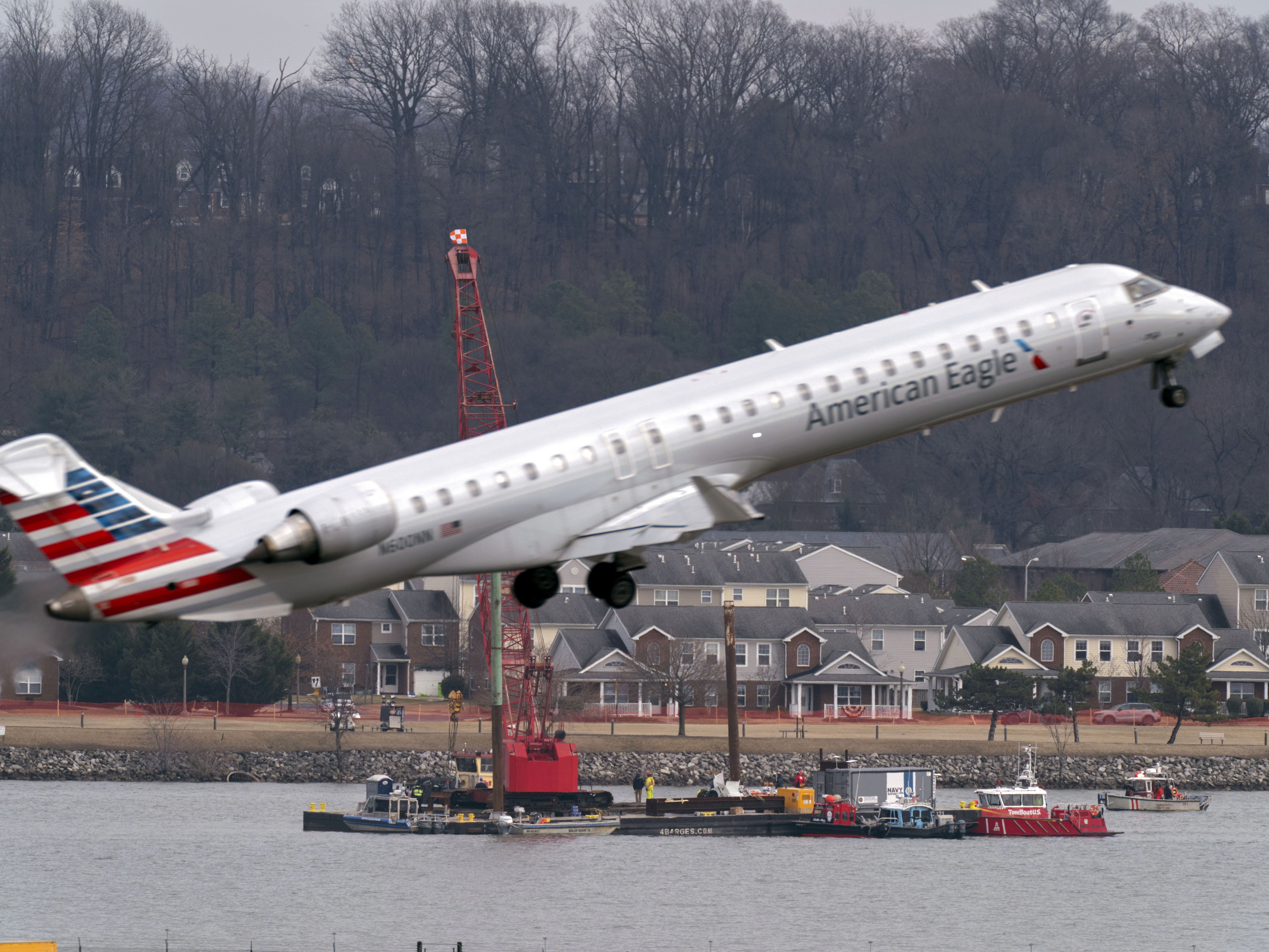
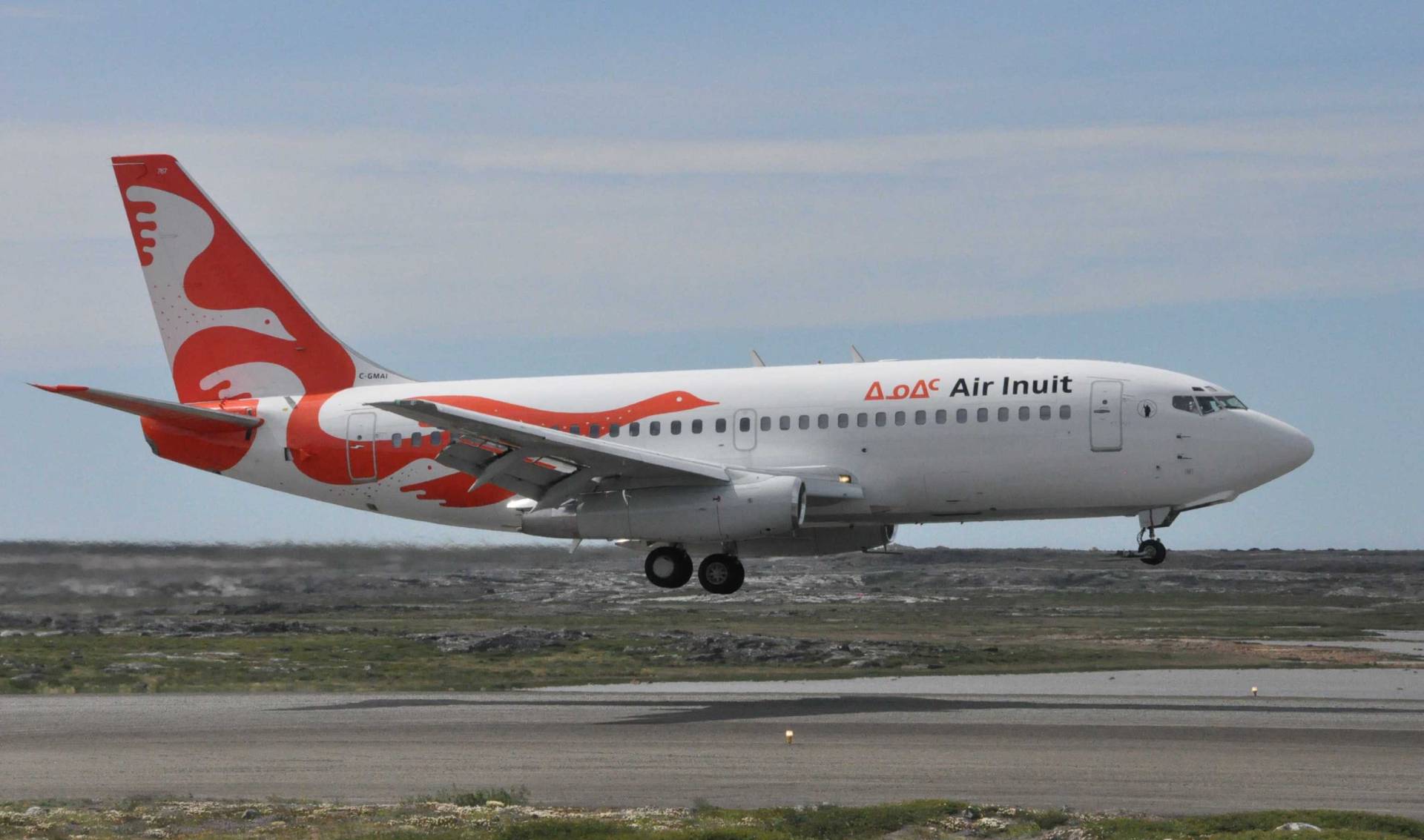
.jpg)
